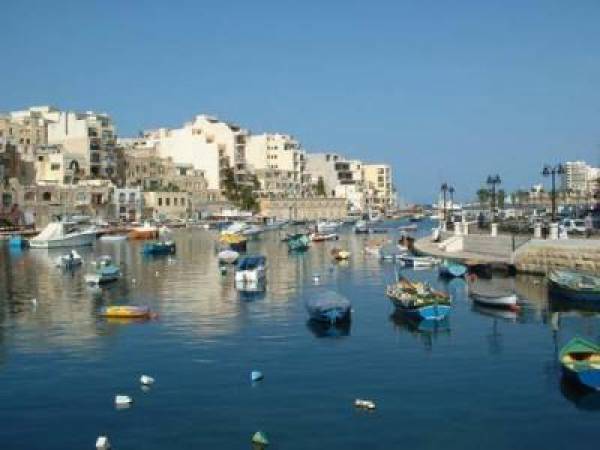US Internet Gambling Laws Hurt Malta

by DAVID LINDSAY
MALTA INDEPENDENT21 June 2009
When arguing its case against the United States' Internet gambling laws with the World Trade Organisation, the European Commission highlighted the example of Malta as a case in point demonstrating the ‘adverse trade effects', within the syntax of the Trade Barriers Regulation, the situation is having on the Maltese economy.
In its report on US laws on remote gambling and their enforcement against EU companies, following an investigation into the US measures and how they are affecting foreign suppliers of Internet gambling services, the European Commission has concluded that the US measures constitute an obstacle to trade that is inconsistent with WTO rules.
The EC highlighted the cases of Malta, the UK and Gibraltar, and, to a lesser extent, those of Ireland, Sweden, Cyprus and Austria.
Focusing on Malta, the report found that, "As a result of the obstacle to trade, Malta has suffered a non quantified but significant negative impact on its economic activity and employment."
It added, "According to data provided by Malta's government to the Commission services during the investigation, the contribution of the gaming industry to Malta's GDP in 2007 was 5.4 per cent, and 6.3 per cent of the total gross value added of the Maltese economy. Moreover, the sector in Malta had a 12 per cent market share of the industry in 2007, and employed a total of 1,882 staff as of June 2008."
The report concludes that the US measures constitute an obstacle to trade that is inconsistent with WTO rules. As a result, WTO proceedings would be justified. At the same time, the report suggests that the issue should be addressed to the US Administration, with a view to finding a negotiated solution.
European online gambling and betting companies left the US market in 2006, but still suffer legal proceedings by US authorities based on their past activities on the US market. The report comes to the conclusion that these proceedings are legally unjustified as well as discriminatory, because the activities of EU companies took place under the cover of US WTO commitments.
Although WTO proceedings would be justified on the basis of the report, this is not an automatic consequence. The European Commission will now seek a satisfactory solution to its concerns through dialogue with the US Administration.
The report takes into account the intention of the US to withdraw its WTO commitments on gambling and betting services. Once this withdrawal occurs, the US would no longer be obliged to guarantee future access to its gambling and betting market. However, the report found that a withdrawal only affects future access to the market, but does not allow the US to disregard its obligations in respect of past activities.
The EU has developed the world's leading Internet gaming business. Many of the world's largest companies are licensed in and operate from the UK, Gibraltar, Malta, Ireland and Austria. There are significant back office operations providing technology, marketing and customer service support in other member states.
Although accurate statistics on this sector are not readily available, the sector is economically significant, with an estimate of more than 10,000 staff employed by the Internet gaming industry in the EU, the report notes, adding how the sector also has a significant indirect economic impact on other sectors of the economy which are involved in providing the infrastructure that an Internet business requires, such as financial services, information technology and professional services.
The study offers some useful insights into the remote gambling market, including the position of EU companies and the impact on employment. For example, it remarks that in Malta, "Gambling GGR as a percentage of GDP in 2003 was 7.3 per cent compared to the EU average of 0.7 per cent", and concludes that EU companies enjoy a leading position in the world-wide remote gambling and betting market.
In its report, the Commission noted that the EU has developed the world's leading remote gaming business and that many of the world's largest companies are licensed in and operate from Malta, the UK, Gibraltar, Ireland and Austria.
Moreover, the report observes how there are significant back office operations providing technology, marketing and customer service support in those and in other members.
The complaint the Commission is pursuing at WTO level originates from a London-based trade association, RGA, including in its membership several of the main Community enterprises offering remote gambling and betting services.
Of the nine RGA members in the top 10 EU service providers referred to in the complaint, Unibet and Betfair (for games, casino and poker) are registered in Malta.
The complaint contained estimates of the number of staff employed by the Internet gaming industry in the EU, provided by a specialised recruitment consultancy to the online gaming industry.
According to the estimates, over 15,000 workers are employed by the Internet gaming industry in the EU, with a current annual growth rate of 10 per cent. Eight thousand employees in the UK; 2,000 in Malta; 2,000 in Gibraltar; 1,500 in Ireland; 500 in Sweden; 500 in Cyprus; 500 in Austria; and 500 in the rest of the EU.













